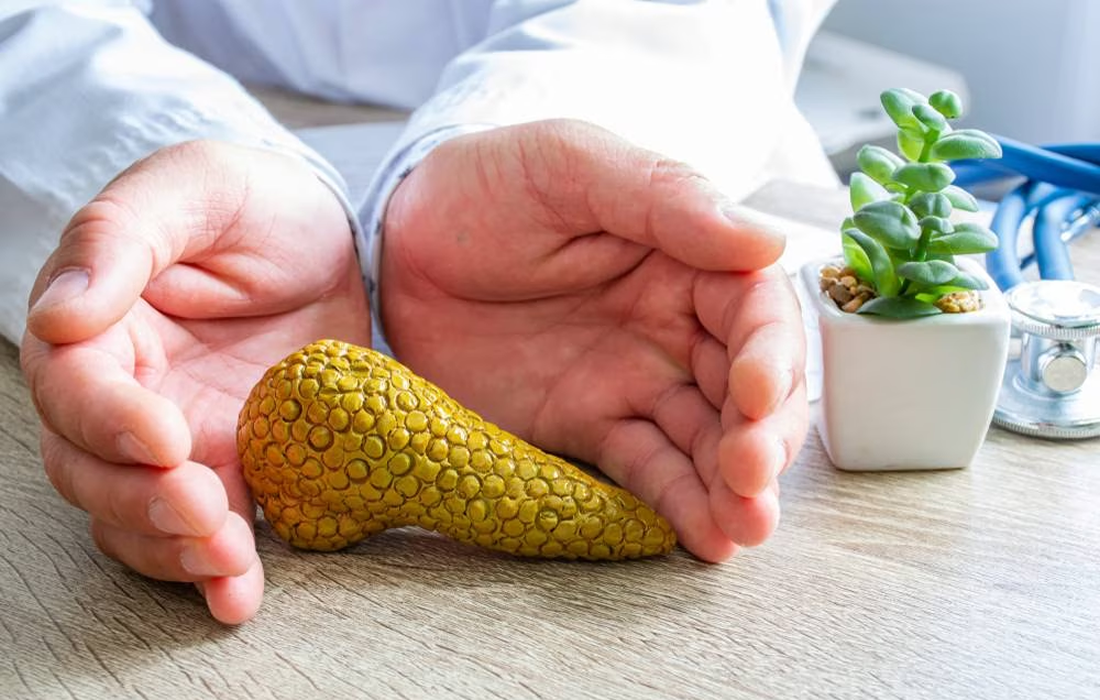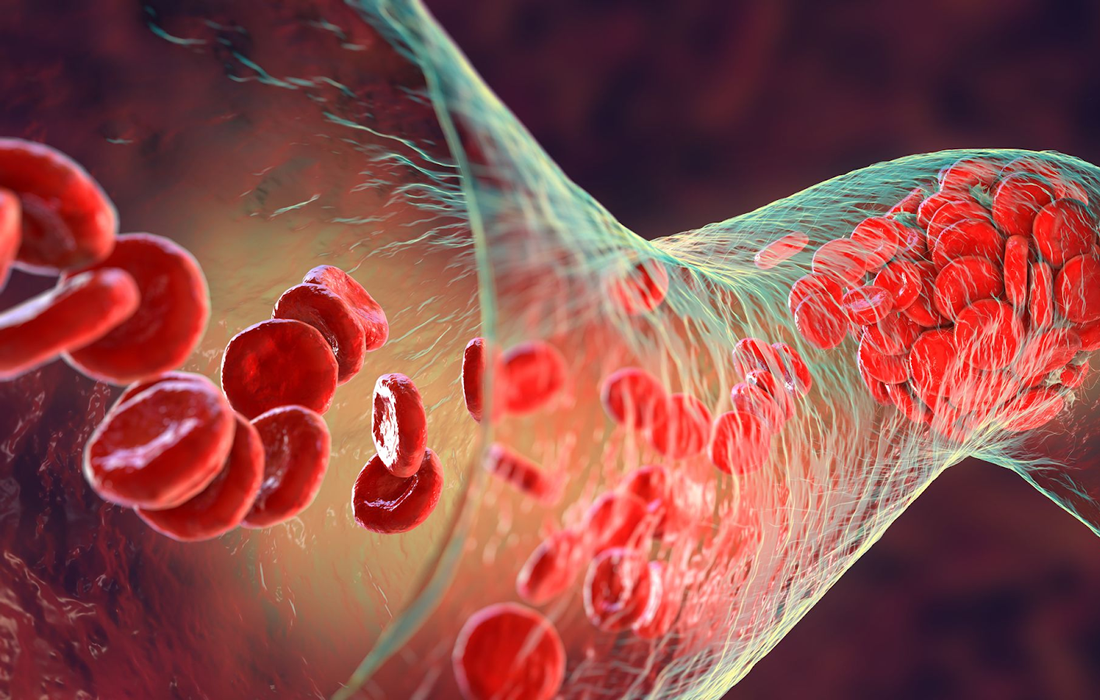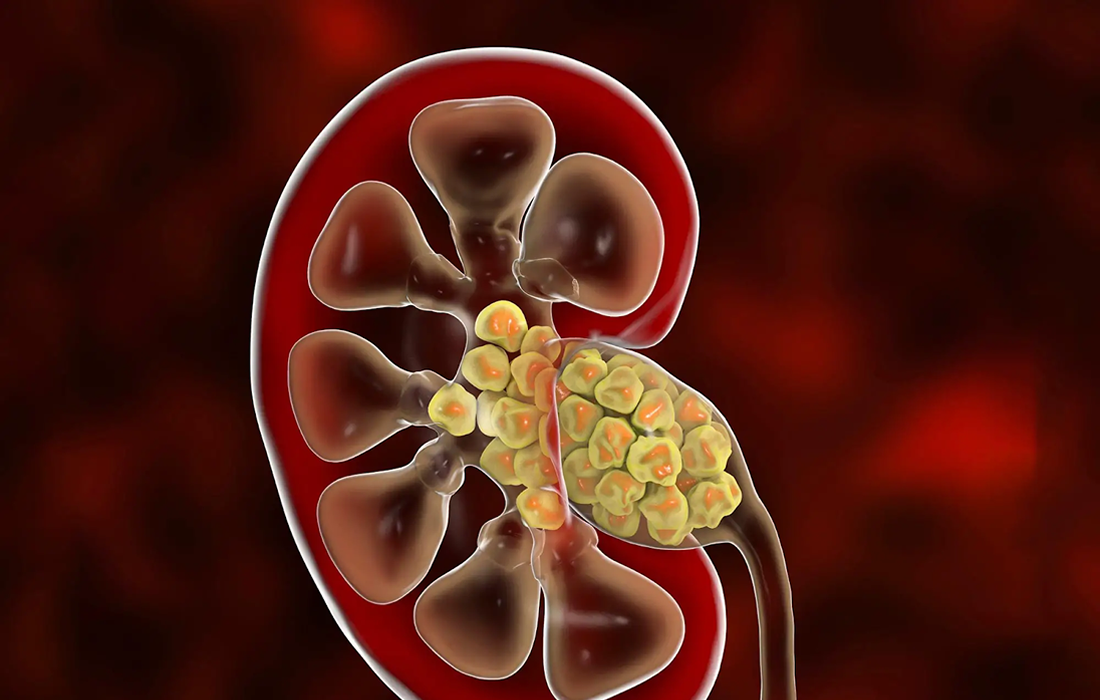Researchers from The University of Queensland have discovered the active compound from an edible mushroom that boosts nerve growth and enhances memory. Professor Frederic Meunier from the Queensland Brain Institute said the team had identified new active compounds from the mushroom, Hericium erinaceus. Researchers have discovered lion’s mane mushrooms improve brain cell growth and memory […]
Author Archives: Gabriel Piña, MD
The human skin is a complex organ to bioengineer and repair because of its diverse cellular makeup, unique anatomy, and body site–specific cellular and mechanical properties. Recreating this complexity in vitro using human cells has notable implications on personalized skin replacement therapy and human-relevant skin disease modeling and drug screening. The human skin is a […]
Type 1 diabetes is caused by an autoimmune reaction that destroys the cells in the pancreas that make insulin. It can also cause kidney failure. Daily insulin injections are the most conventional treatment but attaining tight control of glucose levels remains challenging and cumbersome for patients. Clinical pancreatic islet transplantation (CIT) holds promise to transform […]
Young blood has a rejuvenating effect when infused into older bodies, according to recent research: Aging hearts beat stronger, muscles become stronger, and thinking becomes sharper. All blood cells in the body are created by a small number of stem cells that reside in bone marrow. Over time, these hematopoietic stem cells start to change: […]
Depressive symptoms cause a significant disease burden worldwide. The therapeutic efficacy of current antidepressants is often insufficient, which is why further ways to alleviate the symptoms of depression have been sought, for example, from nutritional research. Vitamin D is believed to regulate central nervous system functions the disturbances of which have been associated with depression. […]
Lupus, including SLE, occurs when the immune system attacks a person’s own healthy tissues, causing pain, inflammation and tissue damage. Lupus most commonly affects skin, joints, brain, lungs, kidneys and blood vessels. About 1.5 million Americans and 5 million people worldwide have a form of lupus, according to the Lupus Foundation of America. Treatments for […]
Kidney stones can cause not only excruciating pain but also are associated with chronic kidney disease, osteoporosis and cardiovascular disease. If you’ve experienced a kidney stone once, you have a 30% chance of having another kidney stone within five years. Changes in diet are often prescribed to prevent recurrent symptomatic kidney stones. However, little research […]
Scientists have been making waves in recent years by developing ways to grow a variety of useful items in laboratories, from meat and diamonds to retinas and other organoids. At the RIKEN Center for Biosystems Dynamics Research in Japan, a team led by Takashi Tsuji has been working on ways to regenerate lost hair from […]
Colorectal cancer is the third most commonly diagnosed malignancy among both men and women in the United States and the second leading cause of death from cancer worldwide. Diet has been recognized as an important modifiable risk factor for colorectal cancer. Meanwhile, ultra-processed foods (that is, industrial ready-to-eat or ready-to-heat formulations made of little or […]
If you have young children, you’re likely worried about how much time they spend staring at a screen, be it a tablet, phone, computer, or television. You probably also want to know how screen time affects your child’s development and wonder whether there’s anything you can do to balance out any negative effects. New research […]










